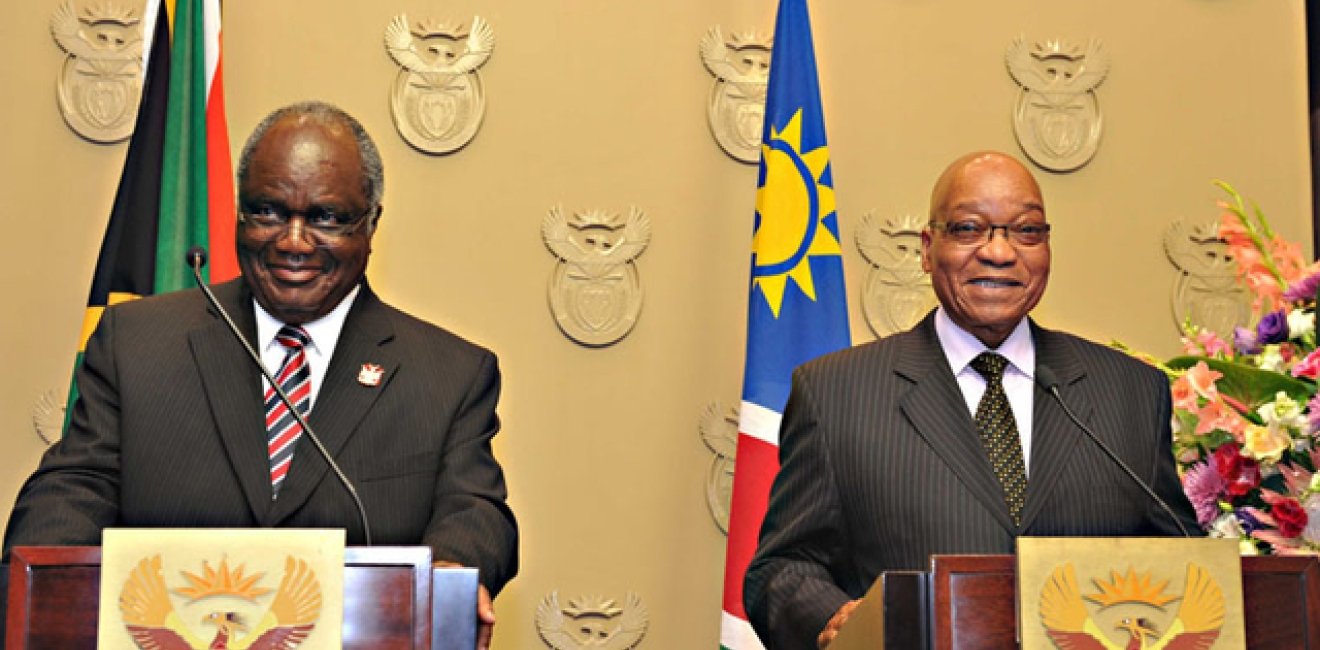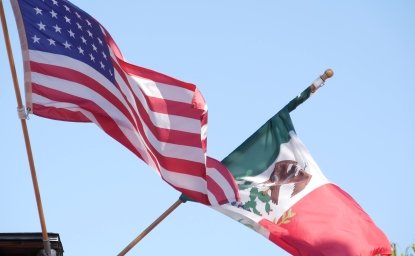Responsible, committed, honest leadership is rare in sub-Saharan Africa. Yet, good leadership establishes good governance in the many parts of the developing world (like most of Africa) that do not yet possess fully formed functional political institutions. In too many countries the persons (nearly all men) who preside largely run the show and brush democratic procedures and pieties aside.
A prize is born
Agreeing with this diagnosis, Mo Ibrahim, a Sudanese cell phone magnate, decided in 2007 to attempt to strengthen leadership in sub-Saharan Africa by providing big prize money to encourage heads of state in Africa to rule well and leave office at the end of their constitutionally permitted (usually) two terms. In 2007, its first year, his foundation gave its prize tof Joaquim Chissano, the outgoing and successful president of Mozambique. The next year it managed to award its prize to the very worthy Festus Mogae of Botswana, president of sub-Saharan Africa’s only enduring democracy and its unquestionably best-governed nation-state.
Then there were bare years, with no one deemed acceptable for the prize until 2011, when Pedro Rodrigues Pires, president of the tiny but well-governed Lusophone island state of Cape Verde, was justly given Ibrahim’s supreme leadership accolade. Three more years passed, with turmoil and coups in much of Africa, and no possible winners of the prize.
The unsung leader
Finally, early this month, the Mo Ibrahim Foundation anointed President Hifikepunye Pohamba of Namibia, another thinly-populated country, as a leader deserving of the prize amount of $5 million ($500,000 a year for ten years, and $200,000 a year thereafter). A 79-year old sometime revolutionary who was a political prisoner when South Africa controlled what was Southwest Africa (a onetime German colony, then a League of Nations mandate, and finally a UN Trust Territory). Pohamba was an early member of the Southwest Africa People’s Organization (SWAPO) and a follower of Sam Nujoma, its head and Namibia’s first president after it became free in 1990. Nujoma chose Pohamba, previous minister of home affairs and minister of fisheries, to succeed him in 2005. Both are Ovambo, members of Namibia’s dominant majority ethnic group.
The Ibrahim Foundation selected Pohamba, it said, because he had “boosted governance, media freedom, and human rights,” as well as running a country without conflict or troubles. It also is the 6th best governed country in Africa according to the Index of African Governance, after Mauritius, Cape Verde, Botswana, South Africa, and the Seychelles. It ranks ahead of Ghana and Senegal, but its numerical score of 70 (of 100) places it far behind Mauritius’ 82 and Botswana’s 76. Since 2007, when the Index was first published, Namibia has always ranked among the top ten African countries. Annual GDPs per capita have also increased from $3300 to $5700. Life expectancy has also improved from 55 to 64.
Other relevant measurement schemes also esteem Namibia, if slightly less positively than the Index of Governance. Transparency International’s Corruption Perception Index ranks Namibia 55th least corrupt (out of 175) globally, and 5th in Africa behind Botswana, Cape Verde, the Seychelles, and Mauritius in sub-Saharan Africa. On the World Bank’s Control of Corruption indicator, Botswana scores 79 of 100 and Namibia 65, with poorly run sub-Saharan polities much lower on both scales. Freedom House’s Freedom in Africa praises Namibia, too, rating it “free” as opposed to “partly free” or “not free,” the fate of most of the countries in sub-Saharan Africa.
Did the Ibrahim foundation make the right choice?
The extent, however, to which Pohamba can take credit for these favorable results is questionable. He has been a very lackluster president of his country, and much of the progress which the ranking systems and the prize committee has noticed is largely either Nujoma’s doing or the product of other effective hands within the SWAPO ruling party. Human rights advances have been made despite official opposition. Having a free media has been achieved, too, by strenuous local efforts, certainly not thanks to a benign government. No one within Namibia would have imagined a leadership prize going to someone of Pohamba’s limited accomplishments and relatively low profile.
To read the full version of this article please visit our blog, Africa Up Close.
Robert I. Rotberg is a Fellow at the Wilson Center, Senior Fellow at the Centre for International Governance Innovation, and the Founding Director of Harvard Kennedy School’s Program on Intrastate Conflict.
Photo courtesy of GovernmentZA via Flickr commons






